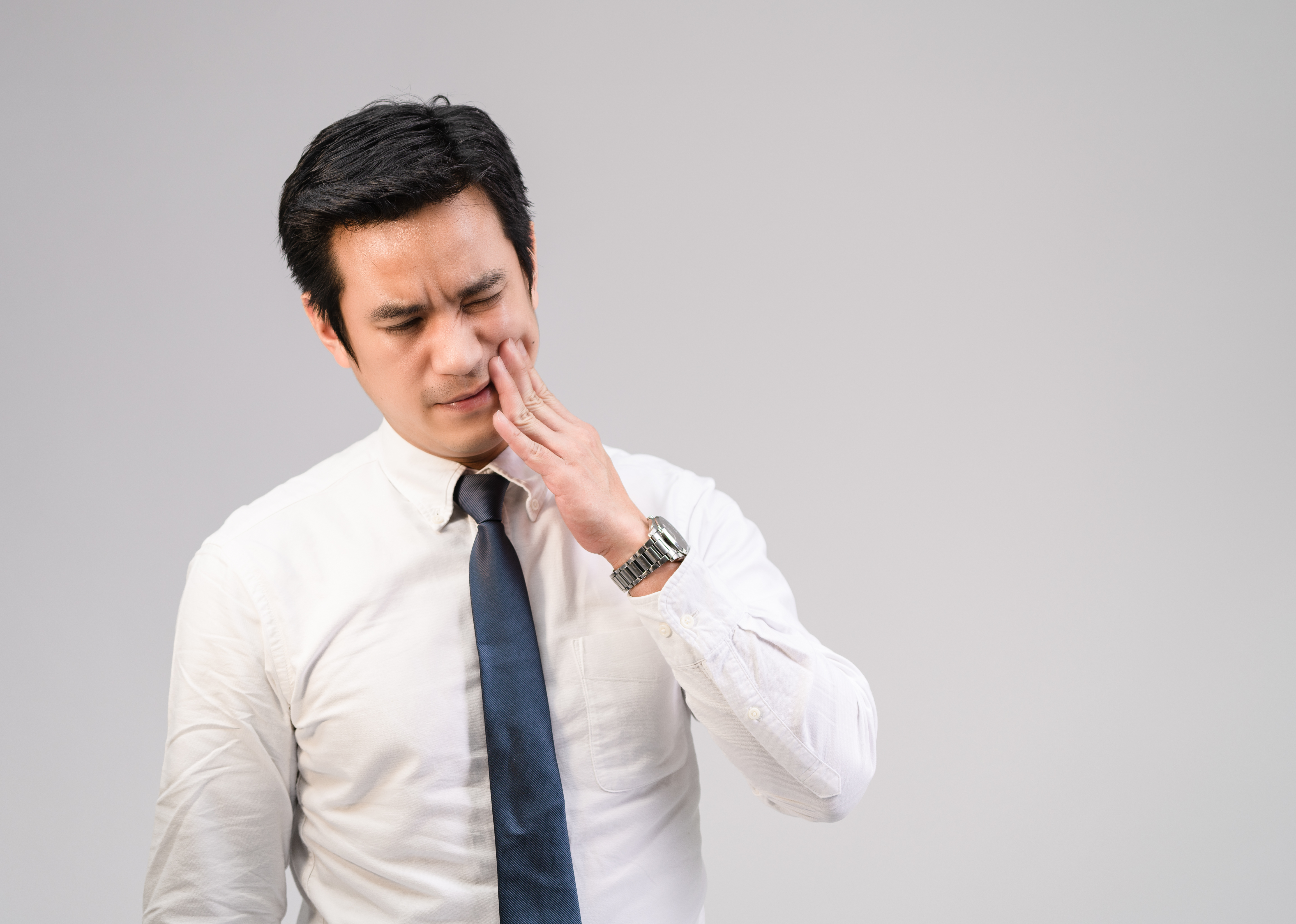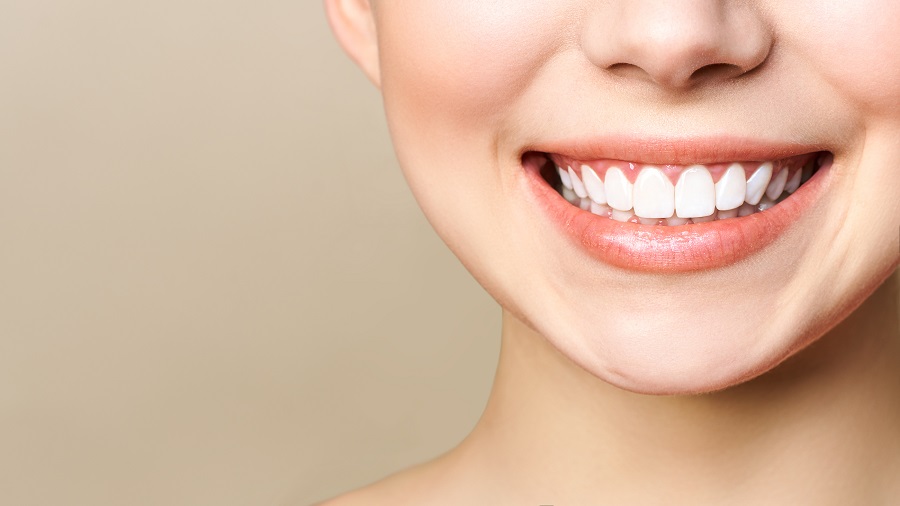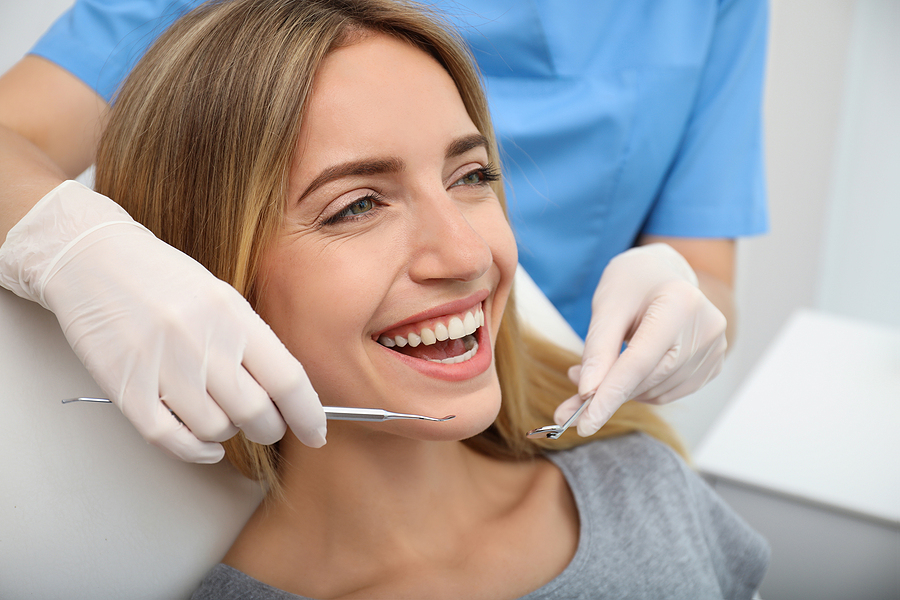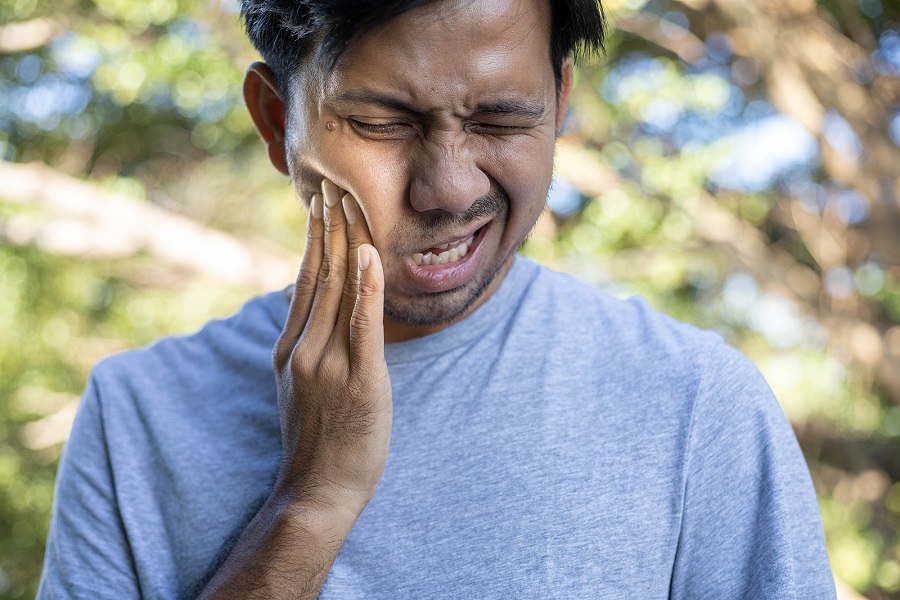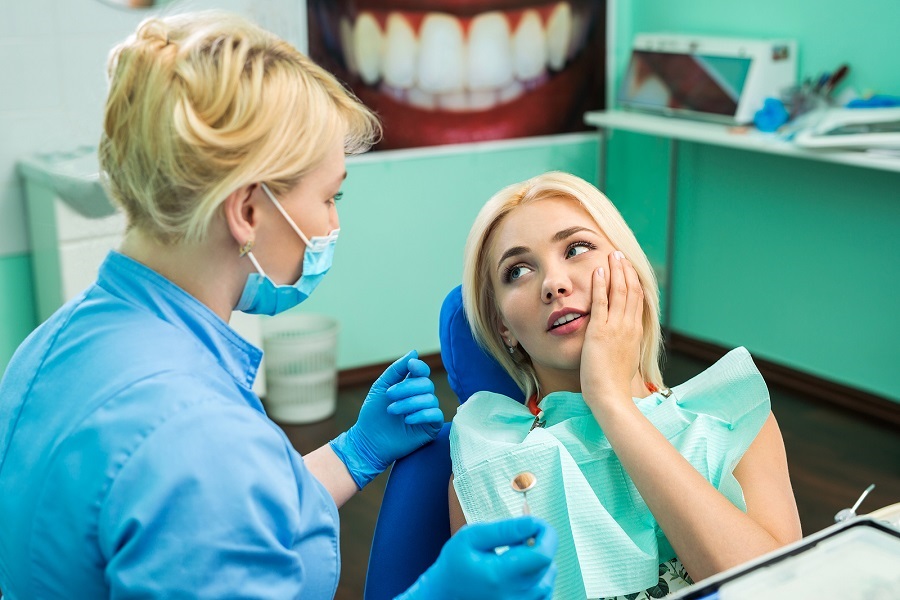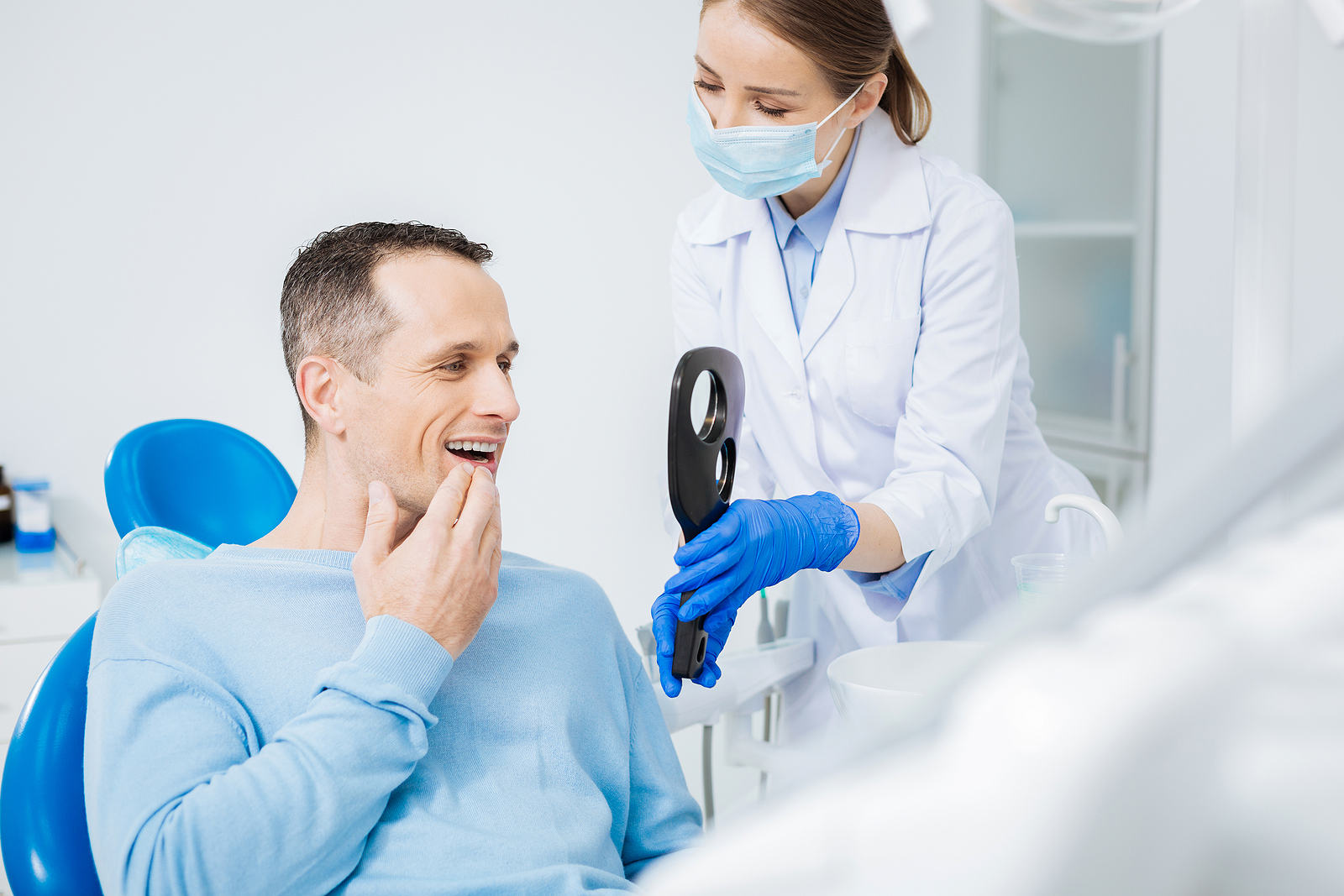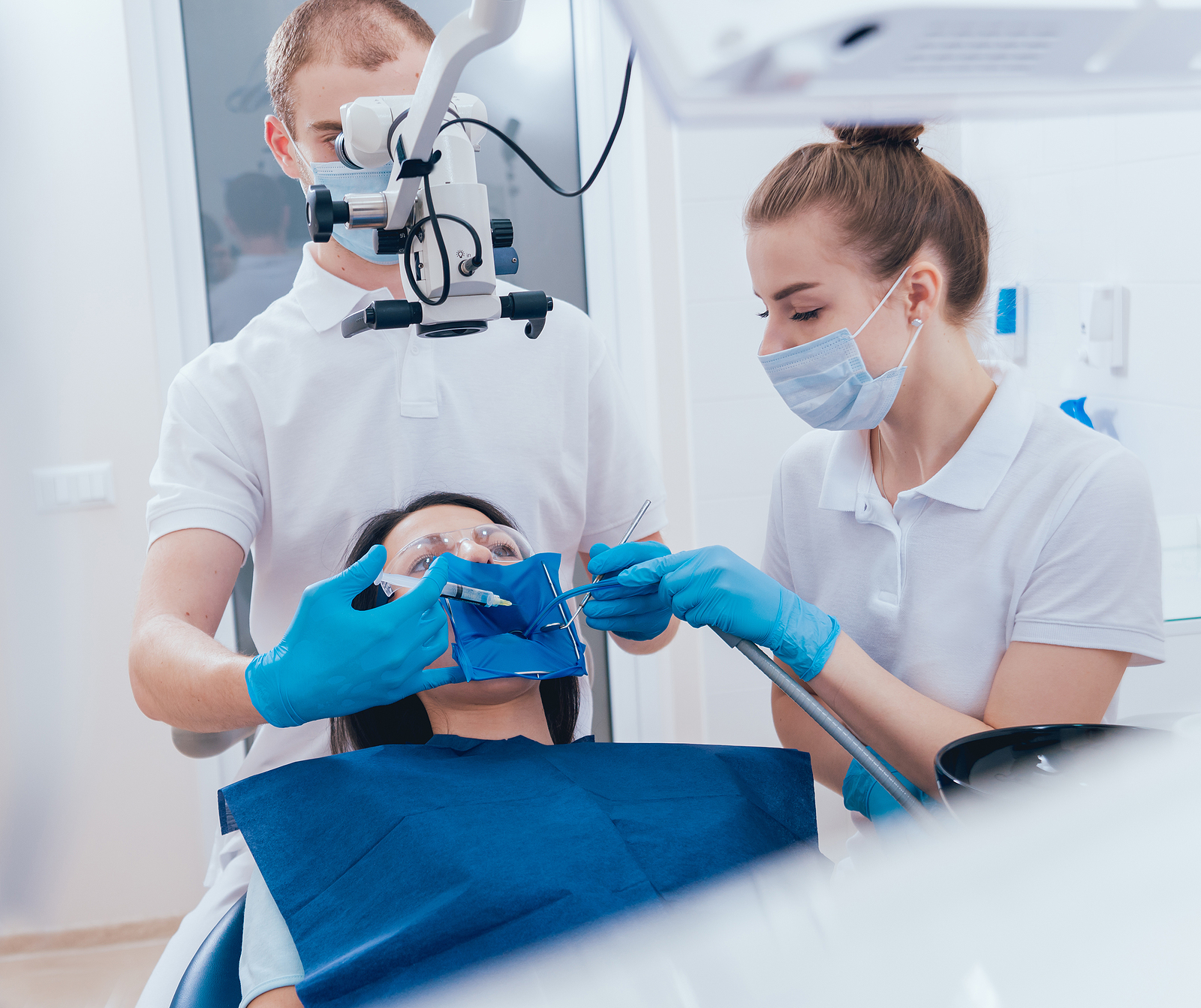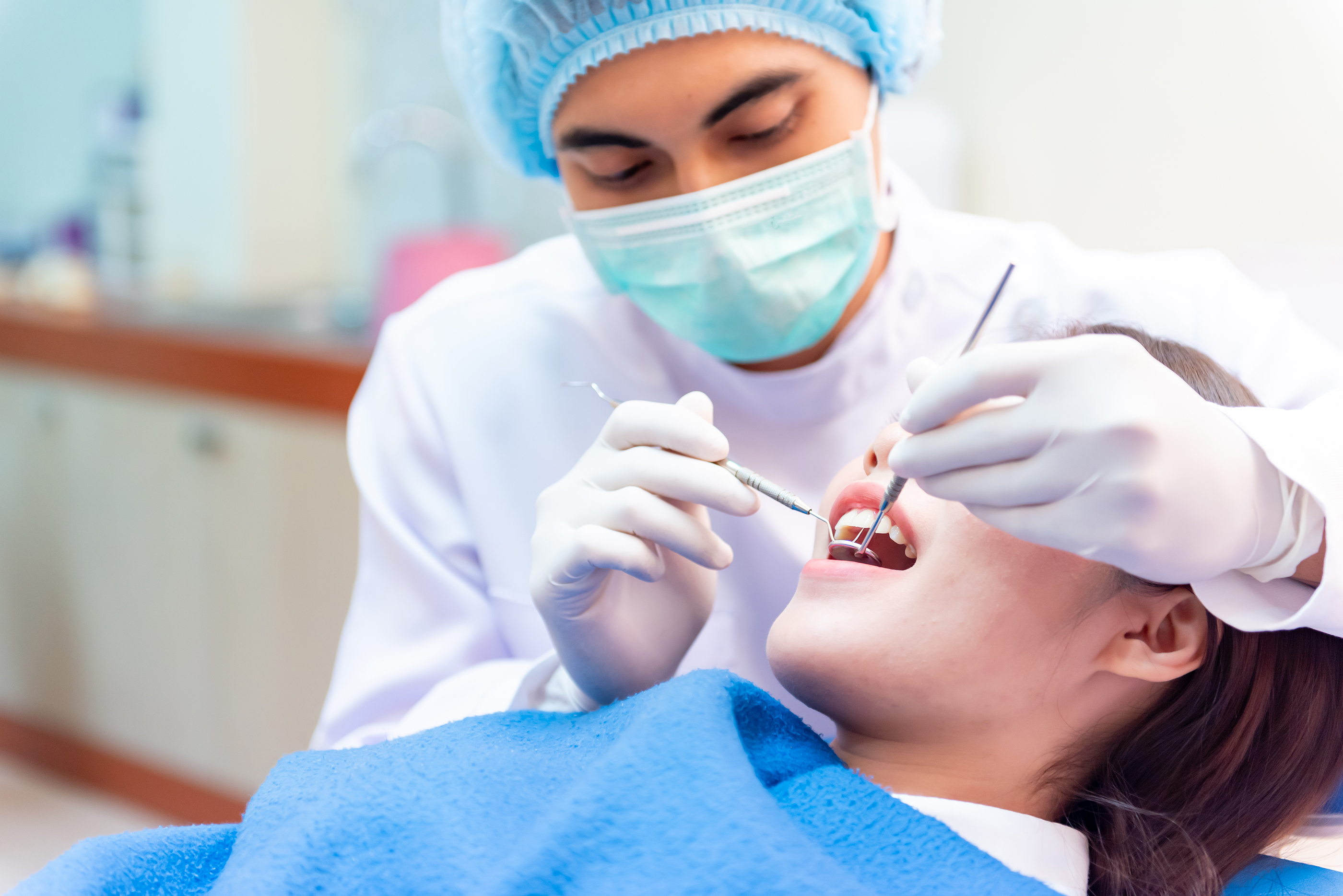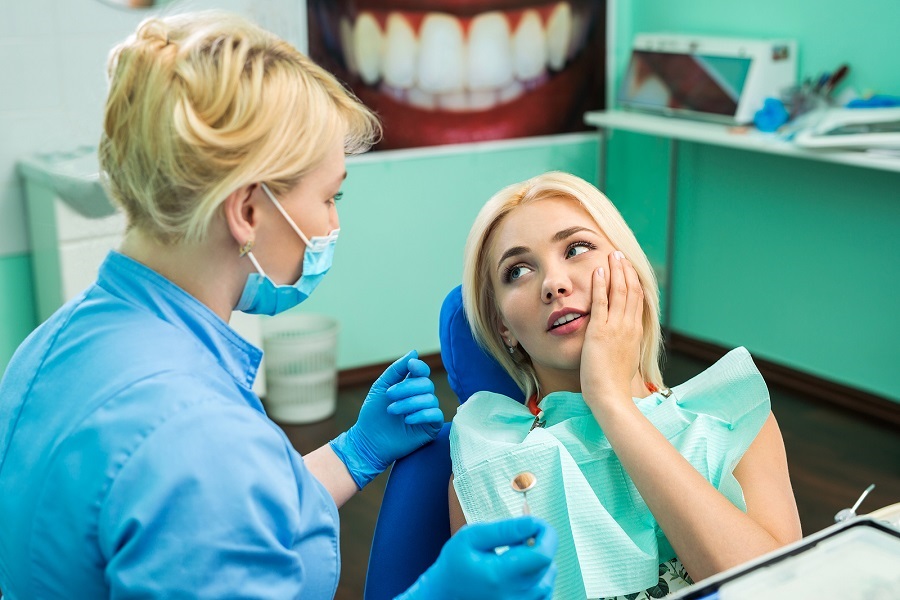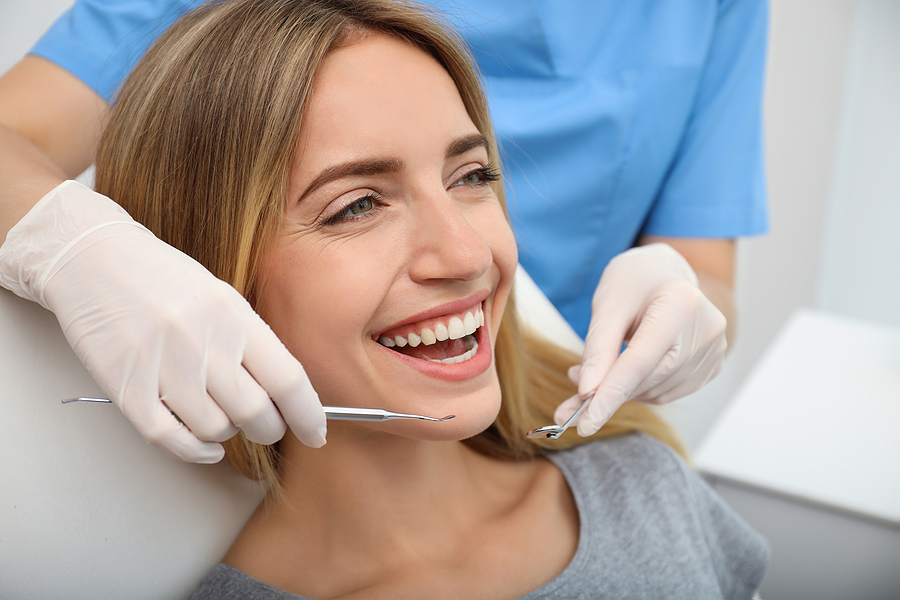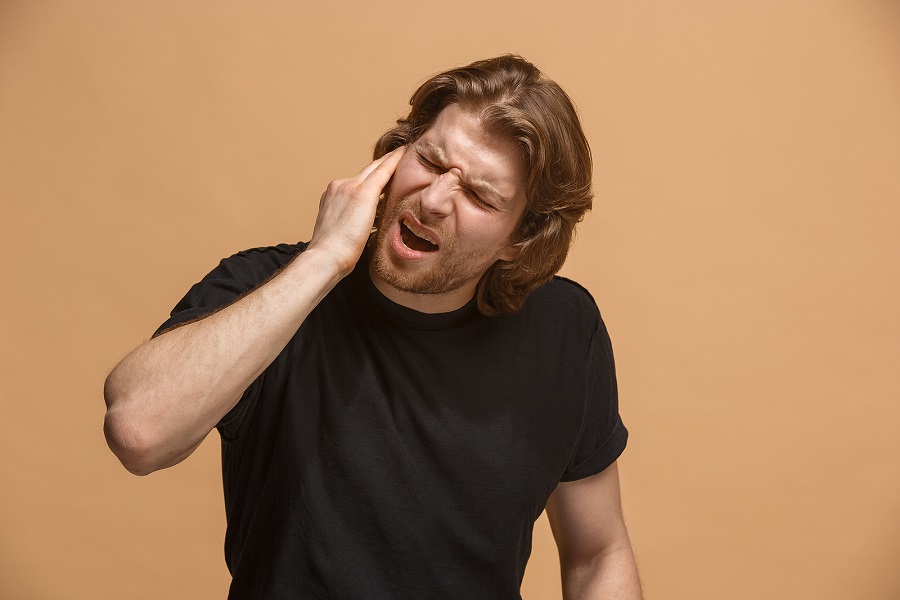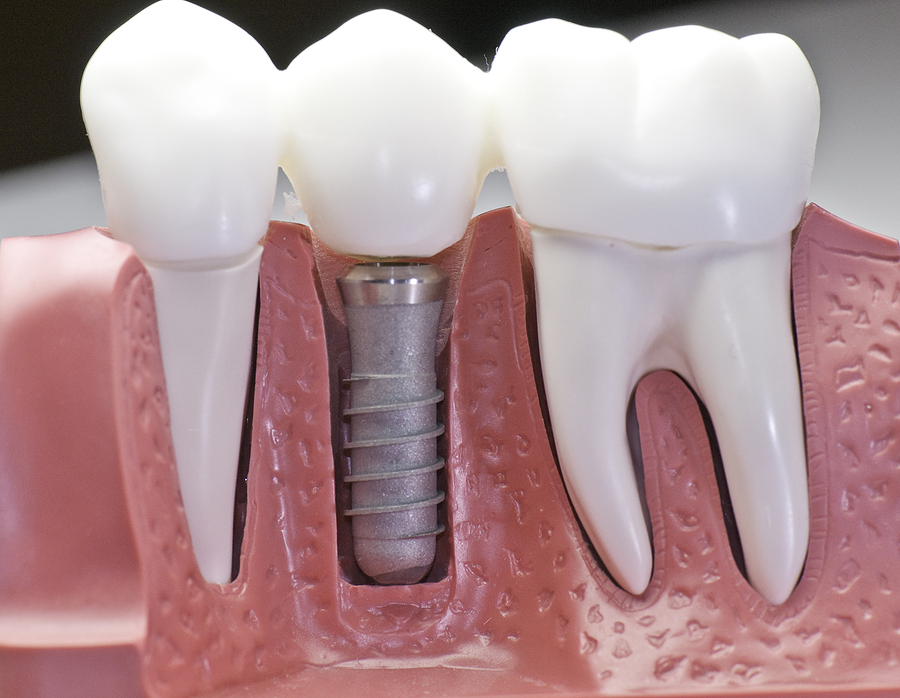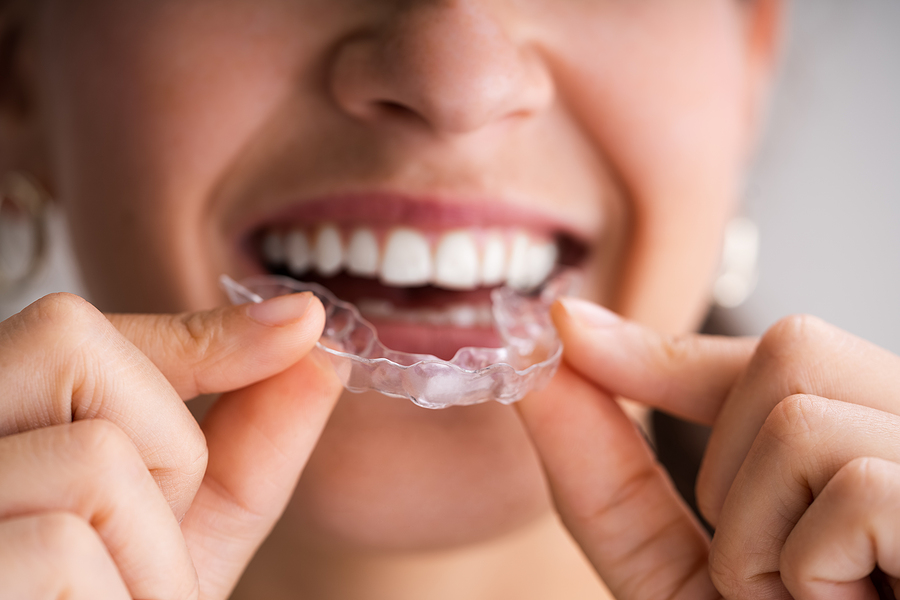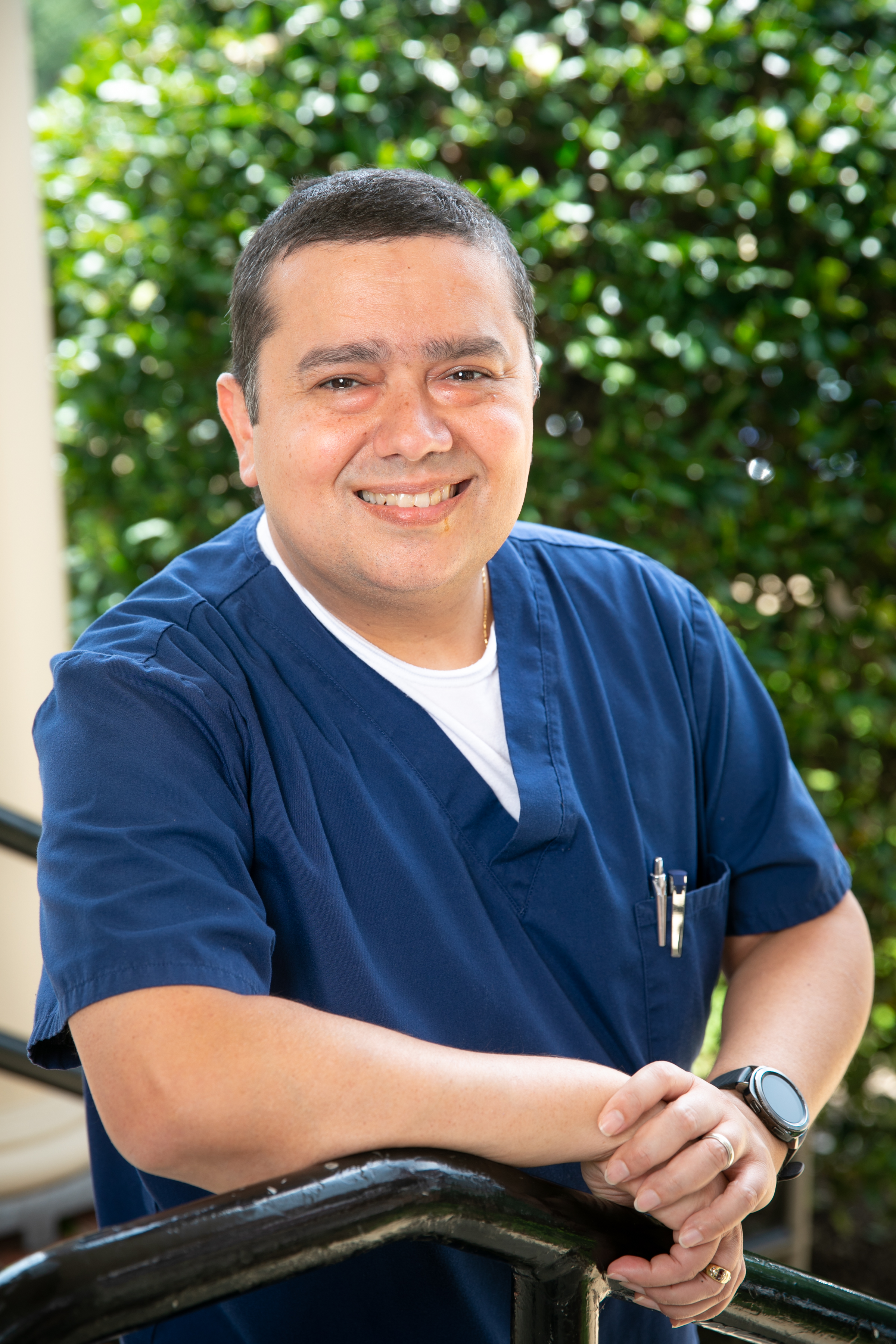Do I Have Sleep Apnea?
Sleep apnea is a disorder where breathing is blocked wholly or partially during sleep. Without sufficient oxygen, you will feel drained and lethargic.
Sleep apnea poses significant risks to your health and could be fatal if left untreated. Hence, diagnosing and treating your sleep apnea is extremely important.
How Sleep Apnea Affects Health
Sleep apnea could increase your risk of other health-related problems such as:
- Heart disease
- Cardiac arrhythmia
- Stroke
- High blood pressure
- Diabetes
- Depression
- Gastric reflux
- Fibromyalgia
Kinds of Sleep Apnea
- Obstructive Sleep Apnea (OSA)
OSA is a condition in which the muscles and soft tissue in your throat relax, causing your airway to be blocked. Severe OSA causes irregular heartbeats and reduced oxygen flow to vital organs.
- Central Sleep Apnea
In this condition, the brain doesn’t communicate with the muscles responsible for breathing, making you stop breathing briefly during sleep. You’ll need to see a specialist for this.
How to Help Ease Sleep Apnea
- Exercise and Lose Weight
A good exercise routine can help strengthen the muscles of your airways for better breathing while you sleep.
- Stop Smoking
Smoking can cause inflammation and fluid retention in your throat, both of which can cause sleep apnea.
- Avoid Alcohol and Other Sedatives
Drinking alcohol or taking sedatives at night might relax the muscles in the throat, blocking the airway.
- Sleep Regularly
Sleep apnea could decrease when the body is well-rested, so a good amount of sleep will be good for your health.
- Change Sleeping Positions
Sleeping on your side could help keep your airway clear. Also, elevate your head with extra pillows to improve nighttime breathing.
How is Sleep Apnea Treated?
At Alencar Family Dentistry, we initially recommend non-invasive treatment options like an oral appliance. An oral appliance holds your lower jaw in the forward position, preventing your tongue from falling backward and blocking your airway.
Some patients require the use of a CPAP machine to provide them with additional oxygen, though it can be loud and uncomfortable. Another treatment option for OSA surgically removing the extra fatty tissue blocking your airway.
To learn more about sleep apnea or discuss your oral health in general, call Alencar Family Dentistry at (757) 546-0301 and schedule an appointment with our Chesapeake dental office. We would be happy to discuss your health challenges and make recommendations.
Does Invisalign Really Work
Emergency Dentist vs. Emergency Room
Teeth Whitening at the Dentist
Professional Teeth Whitening
Invisalign vs. Traditional Braces
Invisalign for Teens
Invislaign Braces
What Do I Do If I Damage My Dentures?
What to Expect When Getting Dentures
Adjusting to New Dentures
The Dental Implant Procedure
Post-Op Care for Dental Implants
Am I a Candidate for Dental Implants?
Office Hours
MON - FRI 8:00 am - 5:00 pm
SAT - SUN Closed

